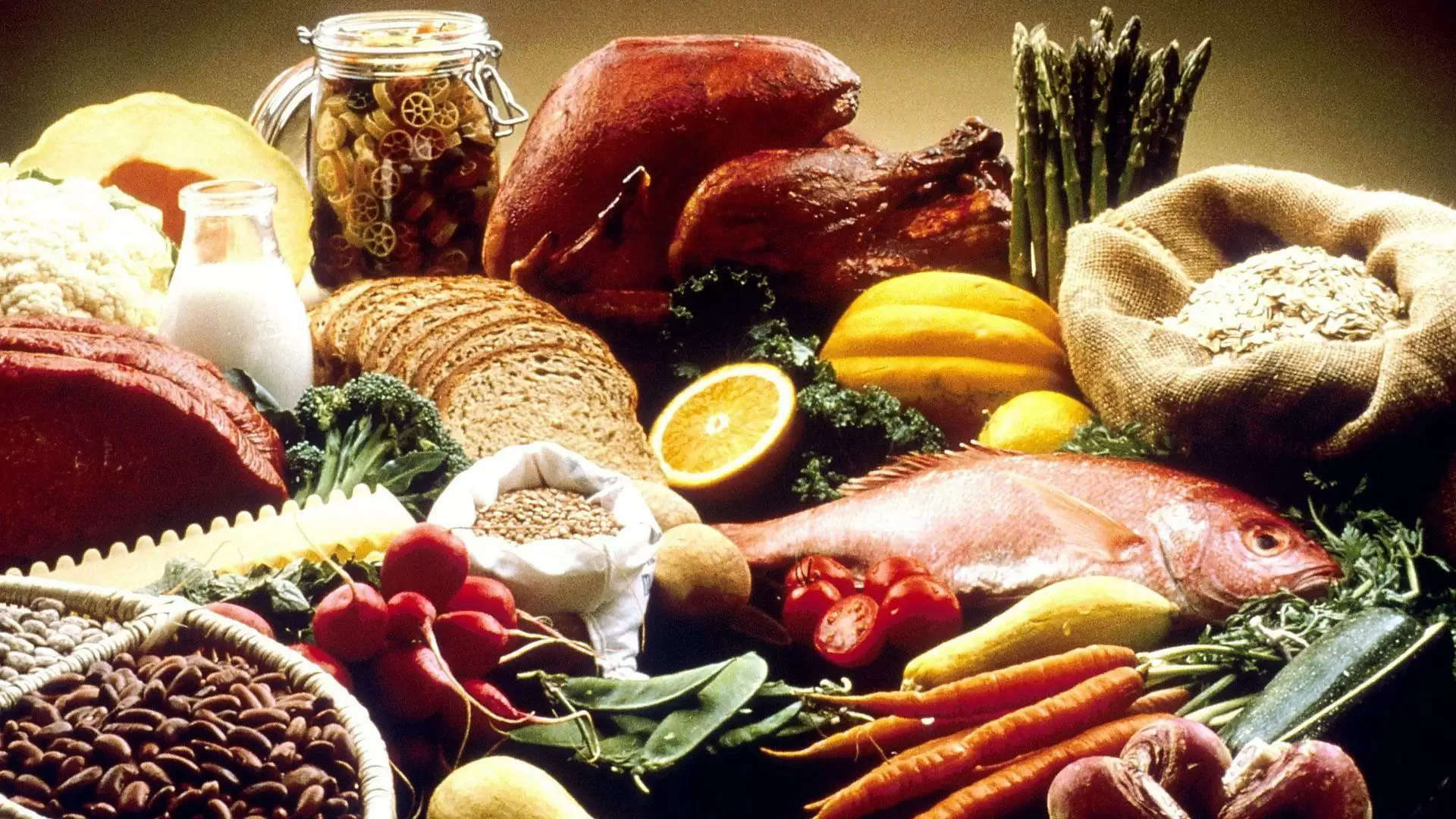Essential vitamins and minerals your body needs

By Ladiangti Rani | SHILLONG:
Have you shopped for vitamins lately? Thousands of vitamins and mineral supplement products are on the market, and the number is rising steadily each year. Most of us end up wondering which supplements we should take.
The Food Safety and Standards Authority of India (FSSAI) sets recommended dietary allowances (RDAs) for vitamins and minerals that men and women need to maintain good health.
RDAs are the levels of intake of essential nutrients based on scientific knowledge, adequate to meet the known nutrient needs in healthy individuals.
If you’re eating the recommended number of servings from each of these eight food groups, you should be getting all the vitamins and minerals you need.
According to www.healthline.com, a website that covers all facets of physical and mental health, some of the most important vitamins and minerals are:

Vitamin A:
Vitamin A stimulates the production and activity of white blood cells. It also helps protect and maintain the cornea (the outermost layer of your eye), and the conjunctiva (a thin membrane that covers the surface of your eye and inside of your eyelids).
The RDA for vitamin A is 900 mcg and 700 mcg per day for men and women. However, it’s important not to exceed the tolerable upper limit (UL) of 10,000 IU (3,000 mcg) for adults to prevent toxicity.
The top food sources of Vitamin A include dairy products, liver, fish, fortified cereals, carrots, broccoli, cantaloupe, and squash.

Vitamin B:
There are eight B vitamins known as- B1 (thiamin), B2 (riboflavin), B3 (niacin), B5 (pantothenic acid), B6 (pyridoxine), B7 (biotin), B9 (folate [folic acid]), and B12 (cobalamin).
The recommended daily amount of each B vitamin varies.

Vitamin C:
This vitamin is a water-soluble vitamin and must be taken daily through food or supplements. It plays a role in controlling infections and healing wounds.
The RDA for children is 15–75 mg, 75 mg for women, 90 mg for men, and 85–120 mg for women who are pregnant or breastfeeding.

Vitamin D:
Studies have shown that vitamin D can reduce cancer cell growth, help control infections and reduce inflammation.
The recommended daily value (DV) is 800 IU (20 mcg) of vitamin D per day. If you don’t get enough sunlight, your intake should likely be closer to 1,000 IU (25 mcg).

Vitamin E:
Studies have suggested that vitamin E may boost the immune system and protect your cells from damage.
The RDA for vitamin E for males and females ages 14 years and older is 15 mg daily, including pregnant women. Lactating women need slightly more at 19 mg daily.

Vitamin K:
There are two major forms of vitamin K:
-Vitamin K1 (phylloquinone): Found in plant foods like leafy greens.
-Vitamin K2 (menaquinone): Found in animal foods and fermented foods.
The RDA for Vitamin K has not yet been established. However, an Adequate Intake (AI) is set at 90 and 120 micrograms per day for adult women and men.

Iron:
Iron is an important mineral that helps maintain the blood. Iron from food comes in two forms: haem and non-haem. Haem is found only in meat, poultry, and seafood. Non-haem iron is found in plants like whole grains, nuts, seeds, legumes, and leafy greens. Non-haem iron is also found in animal flesh (as animals consume plant-based food with non-haem iron) and fortified foods.
The RDA for all age groups of men and postmenopausal women is 8 mg/day; the RDA for premenopausal women is 18 mg/day. The median dietary intake of iron is approximately 16 to 18 mg/day for men and 12 mg/day for women.

Calcium:
Calcium is a mineral most often associated with healthy bones and teeth, although it also plays an important role in blood clotting, helping muscles to contract, and regulating normal heart rhythms and nerve functions.
RDA of calcium for women ages 18 to 50, and men ages 18 to 70 is 1,000 milligrams (mg).
(Edited by Andre Kongri)
ALSO READ:
Also Read: Stress Plus Caffeine: Not a fit match

















